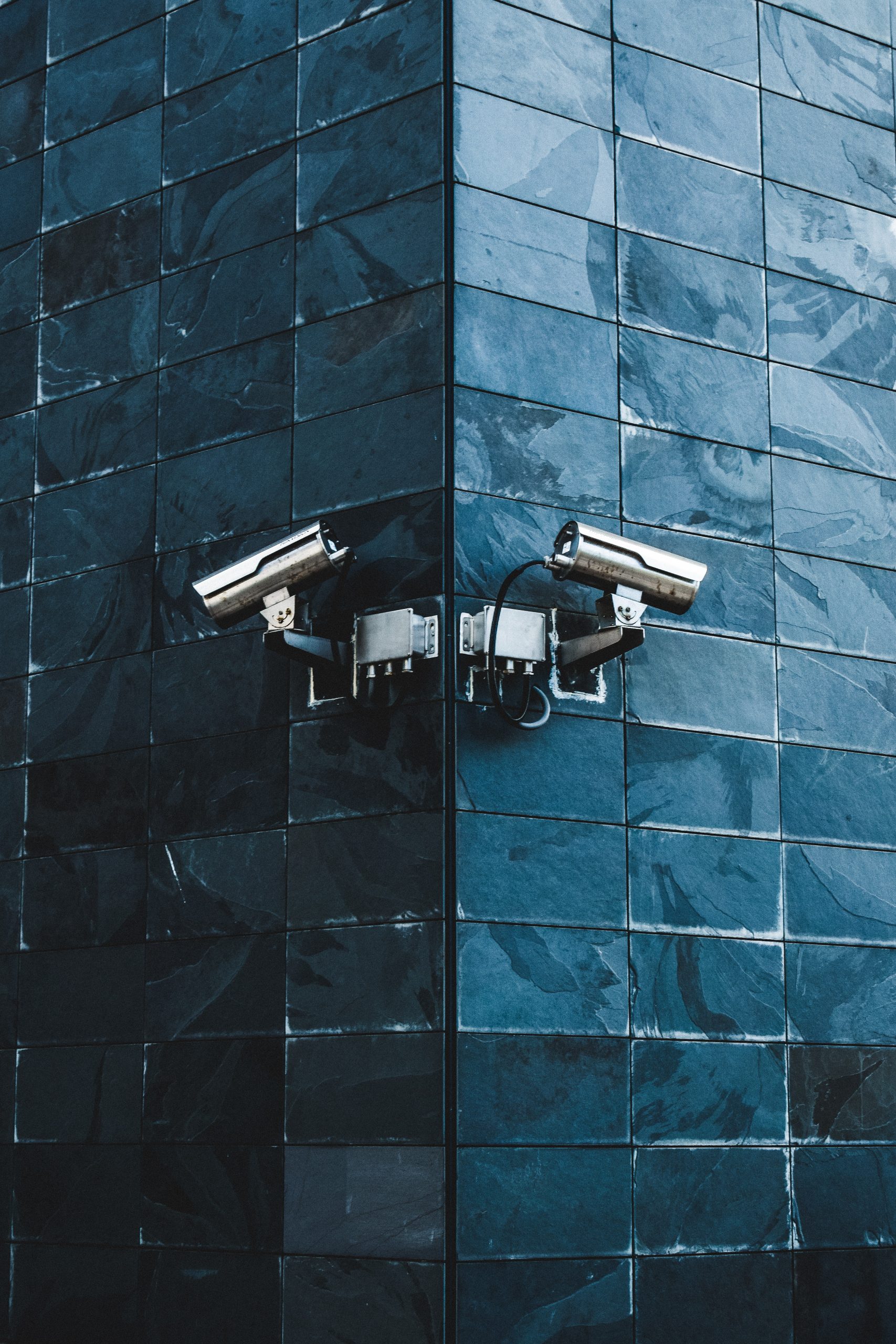
A Strategy to Blend Domestic and Foreign Policy on Responsible Digital Surveillance Reform
Summary
Modern data surveillance has been used to systematically silence free expression, destroy political dissidents, and track ethnic minorities before placement in concentration camps. China’s surveillance-export system is providing a model of authoritarian stability and security to the 80+ countries using its technology, a number that will grow in the aftermath of COVID-19 as the technology spreads to the half of the world still to come online. This technology is shifting the balance of power between democratic and autocratic governance. Meanwhile, the purported US model is un-democratic at best: a Wild West absent of accountability and full of black box, NDA-protected public-private partnerships between law enforcement and surveillance companies. Our system continues to oppress marginalized communities in the US, muddying our moral claims abroad with hypocrisy. Surveillance undermines the privacy of everyone, but not equally. Most citizens remain unaware of, unaffected by, or disinterested in the daily violence propagated by the unregulated acquisition and use of surveillance. The lack of coordination between state and local agencies and the federal government around surveillance has created a deeply unregulated surveillance-tech environment and a discordant international agenda. Digital surveillance policy reform must coordinate both domestic and foreign imperatives. At home, it must be oriented toward solving a racial equity issue which produces daily harm. Abroad, it must be motivated by preserving 21st century democracy and human rights.
The Federation of American Scientists supports Congress’ ongoing bipartisan efforts to strengthen U.S. leadership with respect to outer space activities.
By preparing credible, bipartisan options now, before the bill becomes law, we can give the Administration a plan that is ready to implement rather than another study that gathers dust.
Even as companies and countries race to adopt AI, the U.S. lacks the capacity to fully characterize the behavior and risks of AI systems and ensure leadership across the AI stack. This gap has direct consequences for Commerce’s core missions.
As states take up AI regulation, they must prioritize transparency and build technical capacity to ensure effective governance and build public trust.